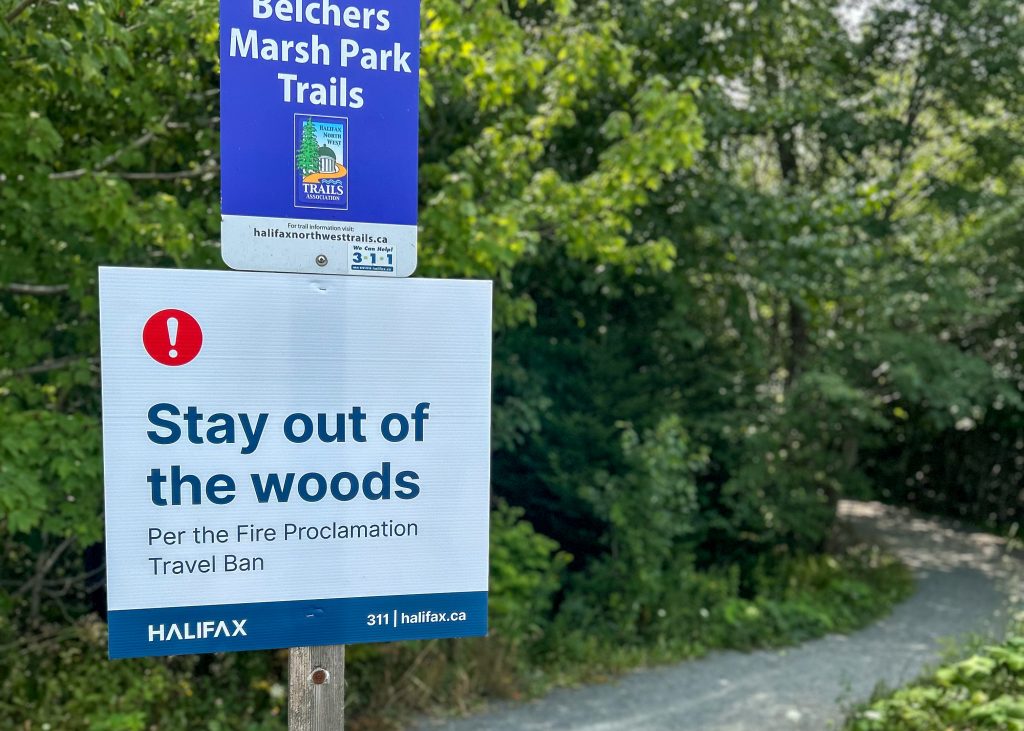Nova Scotia is experiencing another heat warning, with the majority of the province currently under alert. Environment Canada has indicated that temperatures will soar into the low 30s Celsius, particularly in an area that stretches from northern Cape Breton down to Digby and Shelburne. The humid conditions are expected to make the weather feel even warmer than the actual temperatures.
In the Halifax Regional Municipality (HRM), where the heat warning is also in effect, weather specialist Allister Aalders has reported that most of the region will see peak temperatures in the low 30s. Aalders explained that due to an onshore southerly wind, areas closest to the Atlantic coastline will experience comparatively cooler temperatures, hovering around 21 degrees Celsius throughout both Monday and Tuesday.
The ongoing dry conditions across Nova Scotia suggest that residents should not expect immediate relief from the heat. The forecast indicates no rain for today or tomorrow, with only a possibility of isolated showers on Wednesday. Aalders noted that high pressure is dominating the weather pattern, resulting in abundant sunshine. However, there may be some relief by mid-week when a cold front is expected to move in, potentially bringing scattered showers and thunderstorm chances on Thursday.
In light of the extreme heat and dry conditions, Nova Scotia has implemented a travel restriction through wooded areas. This decision is part of the province's efforts to prevent wildfires during this heatwave. Additionally, there is a total fire ban in place across Nova Scotia. Individuals found in violation of this ban face severe penalties, including hefty fines of up to $25,000.
Overall, residents are advised to take precautions against the heat, especially those living in areas affected by the heat warning. The combination of high temperatures, low humidity, and limited rainfall raises concerns about health risks associated with heat exposure and the potential for wildfire incidents. Authorities encourage everyone to stay hydrated and protect themselves against the sun, while also adhering to the travel and fire restrictions currently enforced.











